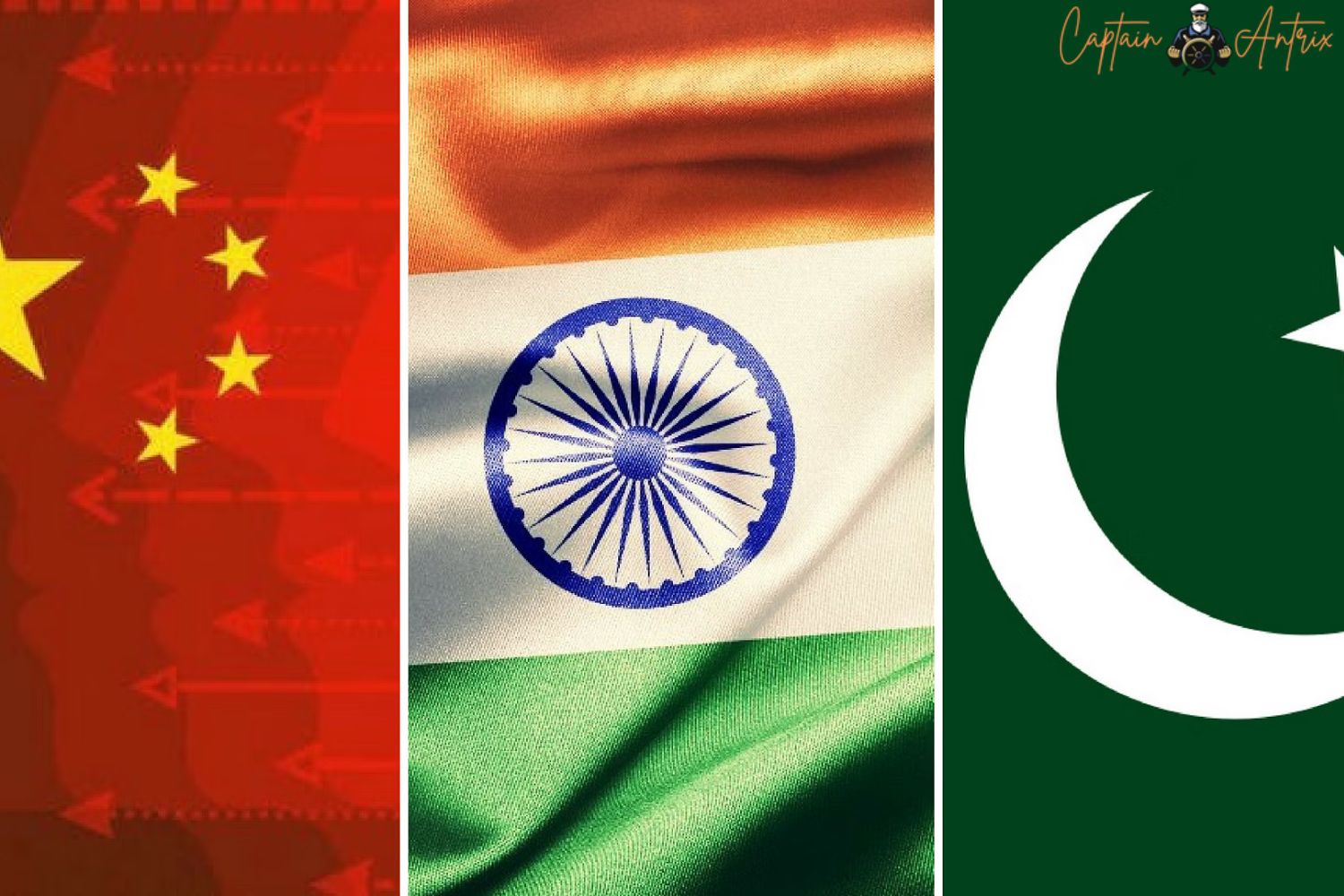
In the intricate web of global affairs, few issues command as much attention and concern as the ongoing tensions between India, China, and Pakistan. It's a complex situation with deep historical roots and potentially far-reaching consequences. A recent intelligence report from the United States shed light on the gravity of this situation, urging immediate attention to prevent any adverse spillover effects.
Presented to the United States Congress by Director of National Intelligence Avril Haines, the report painted a vivid picture of the strained relationship between India and China, stemming from a significant clash between their troops along the Line of Actual Control (LAC) in Ladakh back in June 2020. The casualties suffered on both sides were a stark reminder of the seriousness of the situation. The report also highlighted the alarming risk of escalation to armed conflict between these two nuclear-armed giants, which could pose direct threats to American interests and require intervention.
Despite efforts at dialogue, the tensions persist, with the report emphasizing how even minor incidents along the LAC could quickly spiral out of control. It's a precarious situation that demands urgent attention.

Adding to the complexity is the comparison drawn with Russia's actions in Ukraine, highlighting a worrying trend of nation-state competition and conflict. While Russia challenges international norms, China emerges as a formidable competitor seeking to reshape the global order, causing concern among its neighbors and beyond.
But the report doesn't stop there. It also raises red flags about the ongoing tensions between India and Pakistan, both armed with nuclear capabilities. Despite recent attempts at calming the situation, underlying grievances linger, exacerbated by Pakistan's alleged support for anti-India militant groups. The revocation of Article 370 by the Modi government in 2019 only added fuel to the fire, straining relations further.
In such a volatile environment, the risk of conflict is ever-present, with potential flashpoints in regions like Kashmir. The implications are profound, extending far beyond the borders of the immediate players.
What's clear is that understanding the dynamics of this conflict is crucial. It's not just about regional stability; it's about safeguarding global security. Diplomatic efforts and strategic engagement are essential to mitigate the risks and pave the way for lasting peace. As the world watches, the stakes couldn't be higher. It's a challenge we must confront together, for the sake of us all.
Tags:
Global News
